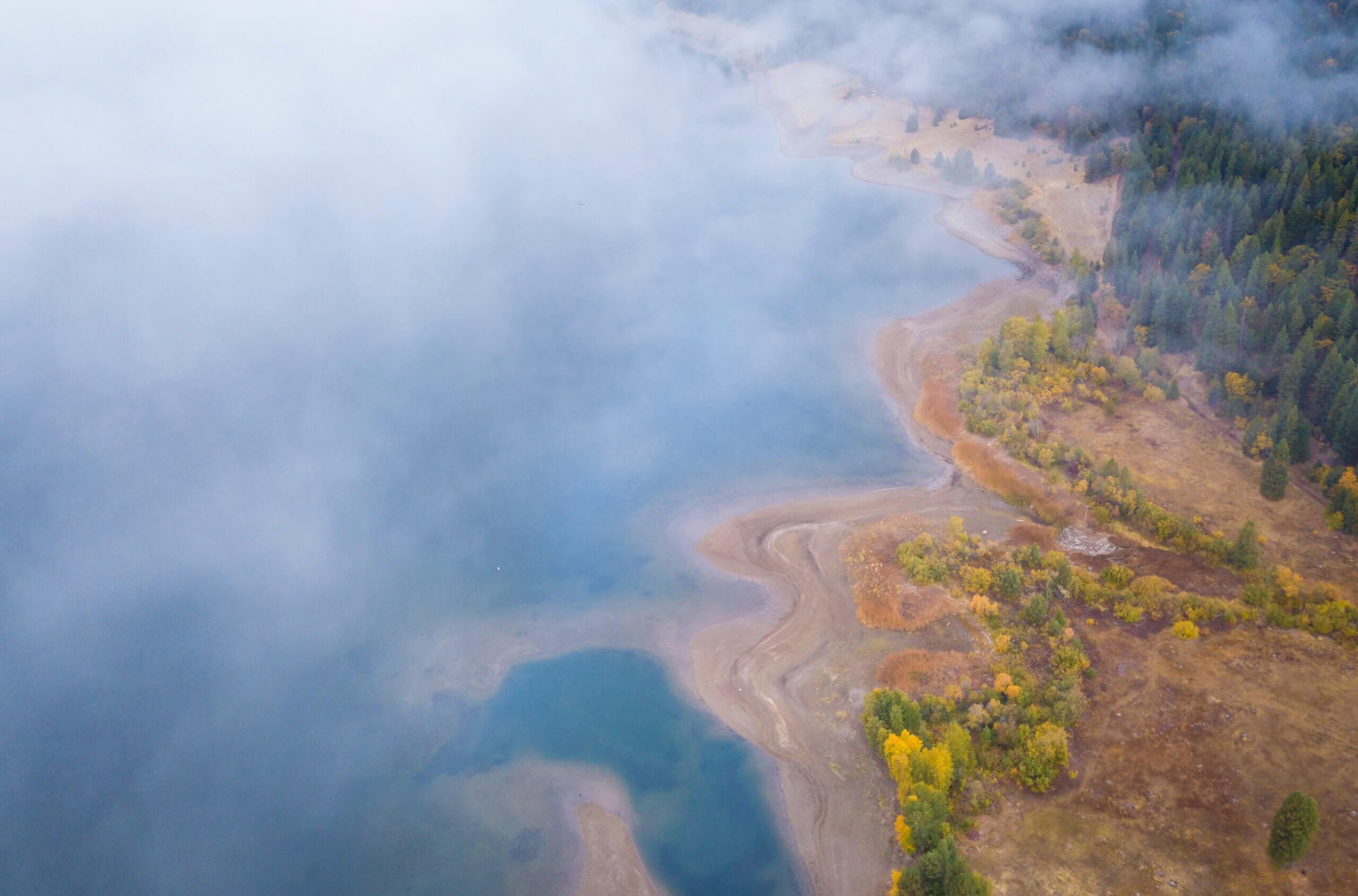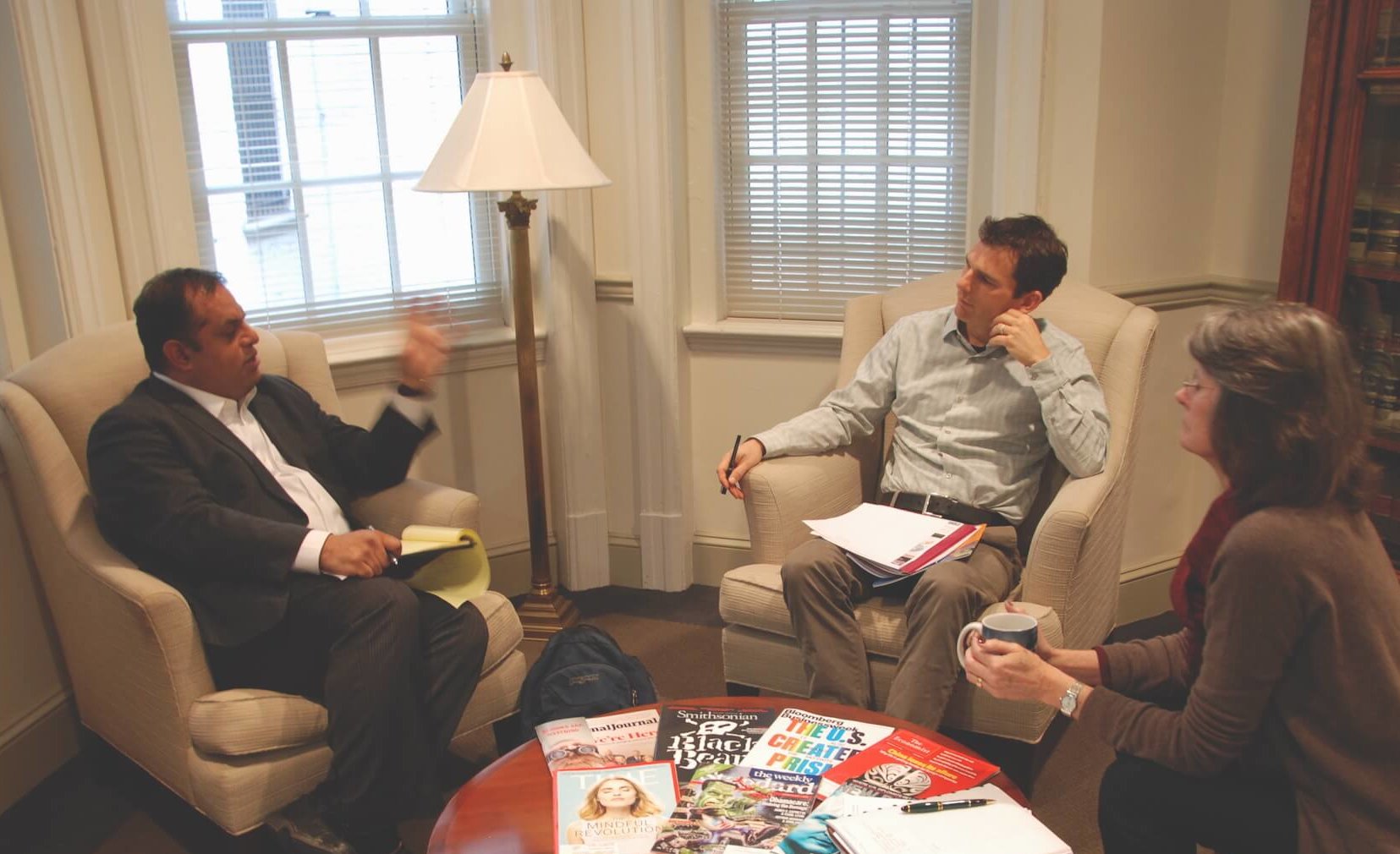After a long and tumultuous election year, we look ahead to starting 2021 with a new President, whose administration will be worlds different from the one that came before. The incoming Biden-Harris Administration has a lot of work to do to repair, rebuild, and re-envision the role science can play in society. From restoring dismantled and understaffed scientific agency advisory boards to strengthening scientific integrity, there is much to be done. And that means there are many opportunities for scientists to contribute to the process of working toward just, equitable, and inclusive solutions around the new administration’s key priorities: COVID-19, racial equity, economic recovery, and climate change. Here are a few of the many possibilities:
Join the administration
Incoming Presidents have about 4,000 appointments to make across federal agencies, including many where scientific expertise is beneficial. To learn more about the process involved, read about presidential appointments here. You don’t have to wait for an invitation – you can submit your materials on your own to be considered for open positions.
Inform the transition team
Op-eds, policy briefs, and letters summarizing science-based policy recommendations can be impactful, particularly when coming from a broad coalition of scientists. Work with your network, scientific society, or other collaborators to draft a clear set of recommendations, gather support from other scientists, and develop a communication and outreach strategy. You can see the current appointees for the Biden-Harris transition teams here.
Join advisory committees
There are over 200 science advisory committees throughout the federal government, and many will need to be rebuilt over the next year. Additionally, the transition team may create more advisory bodies like the COVID-19 Advisory Board. These committees are an important way to help shape the priorities, policies, and actions of federal agencies and programs. Identify which agencies and programs you are most qualified to advise, and keep on eye on when new leaders are appointed to these programs. Have a short expression of interest and brief resume ready to send out. A keyword search on the Federal Register is a good place to start.
Build relationships with incoming decision makers
Now is a good time to reach out to newly elected (or re-elected) legislators, and to be in touch as transition teams name political appointees in your areas of expertise. They will be looking for trusted experts to help them stay abreast of new issues and evaluate courses of action. Reach out and set up a meeting with their staff, and share a one-pager with your photo, contact information, short bio, and a few bullet points on your areas of expertise. During the meeting, ask what their priorities are, and how you can be helpful. Be clear with them on your goal for building that connection (do you want to inform them about something specific? Offer your expertise as a resource? Or something else?).
Deciding when and how to engage, and to what degree, is going to depend both on your career goals, your science communication and engagement goals, and your available time and energy. No one can do everything – but many small actions can build up to significant change. Science can have the greatest impact when scientists work in partnership with community leaders and policymakers.
If your capacity is limited, collaborating with others (like COMPASS, your scientific society, your institution’s policy team, or an advocacy group), can help you make effective use of the time you can spare.
For over 20 years, COMPASS has been a trailblazer in the effort to bring science into public conversation. We’ve trained thousands of scientists and provided the strategy and connections to make real change possible. Every day we work with natural and social scientists to help them enhance their communication skills, sharpen their focus on solutions, and identify pathways for policy connections. The challenges we face, including climate change, demand solutions that are equitable, inclusive, and just. We believe, more than ever, that it is possible to create a future where people and nature thrive together, and that there are tremendous opportunities opening up now for scientists to be part of building that future.


